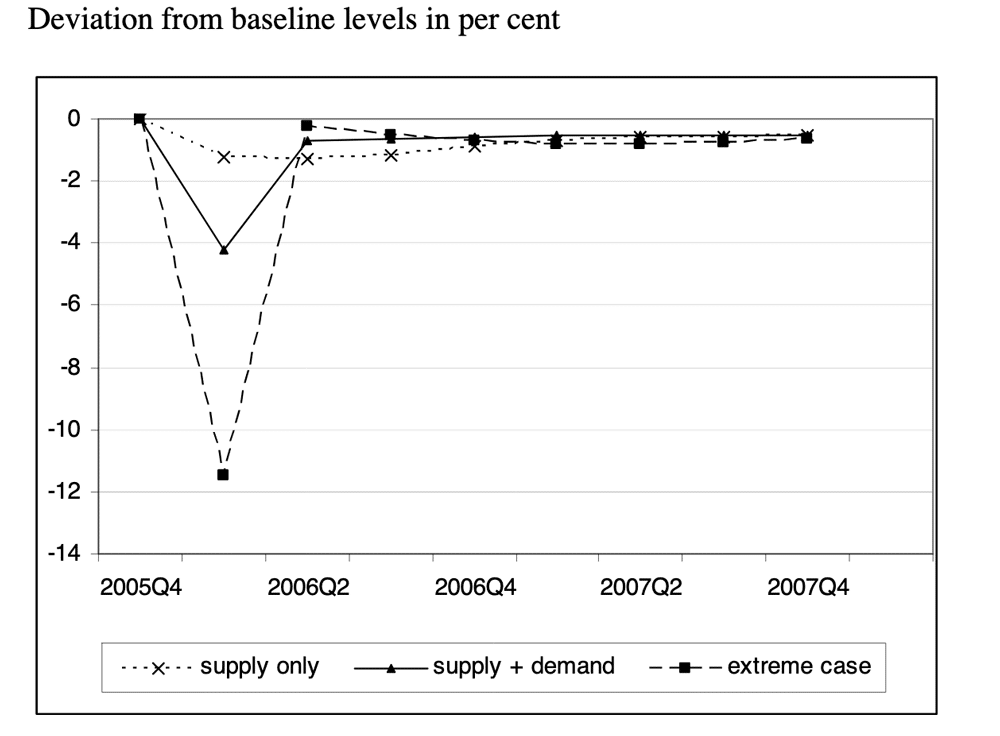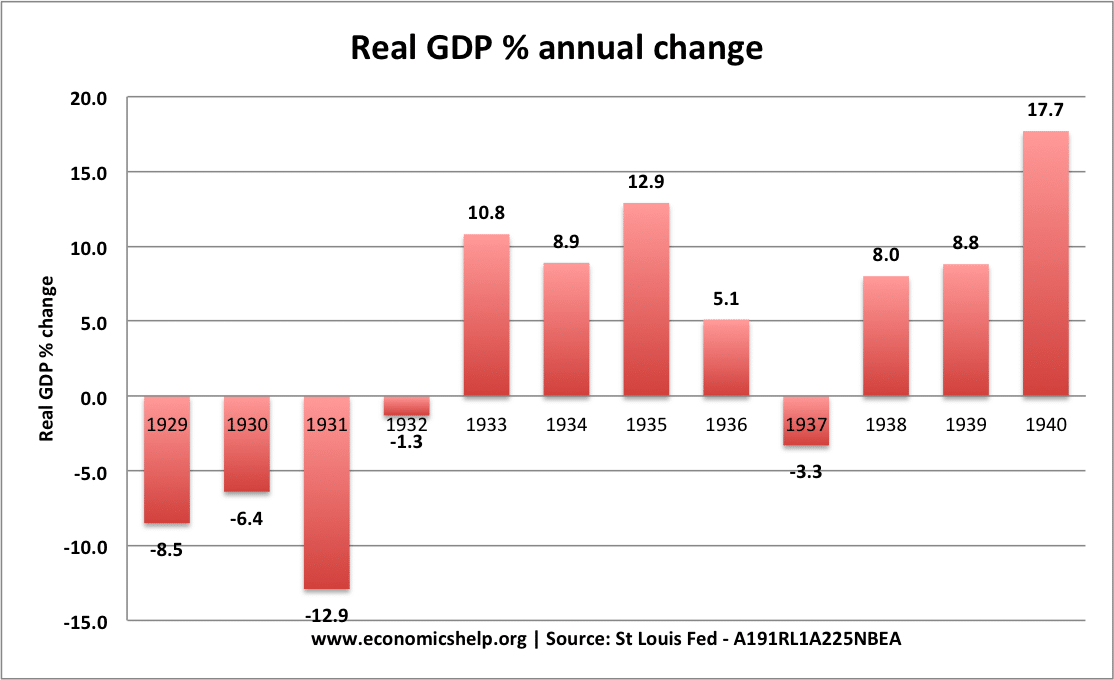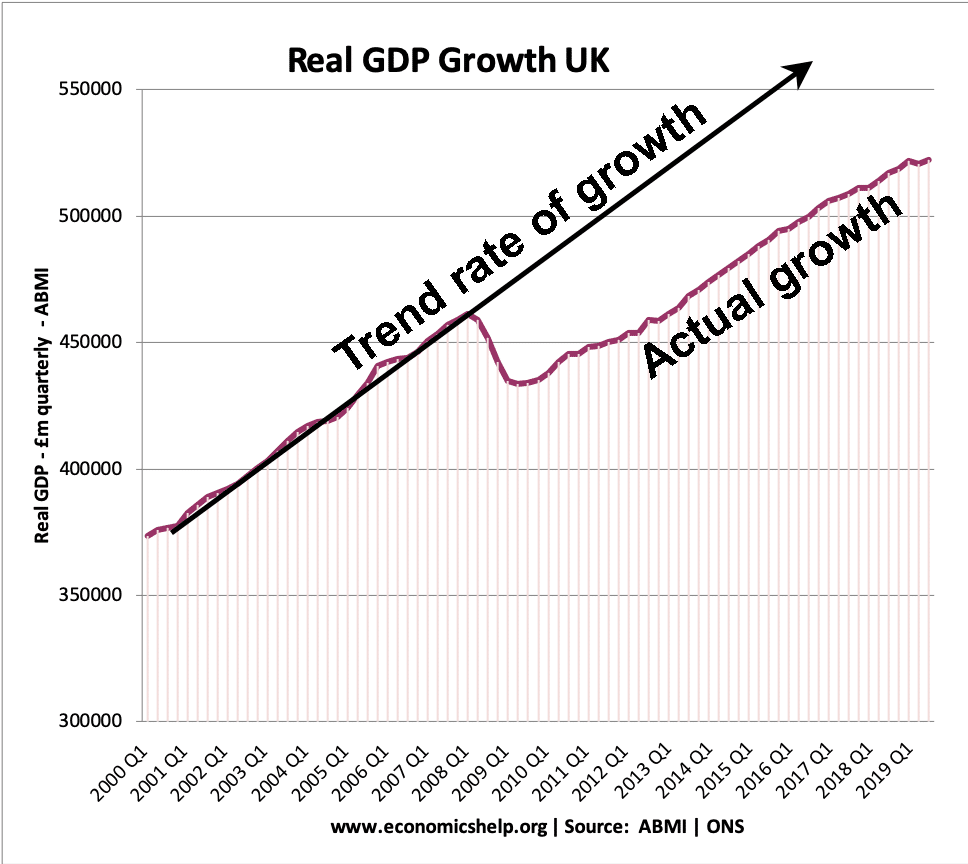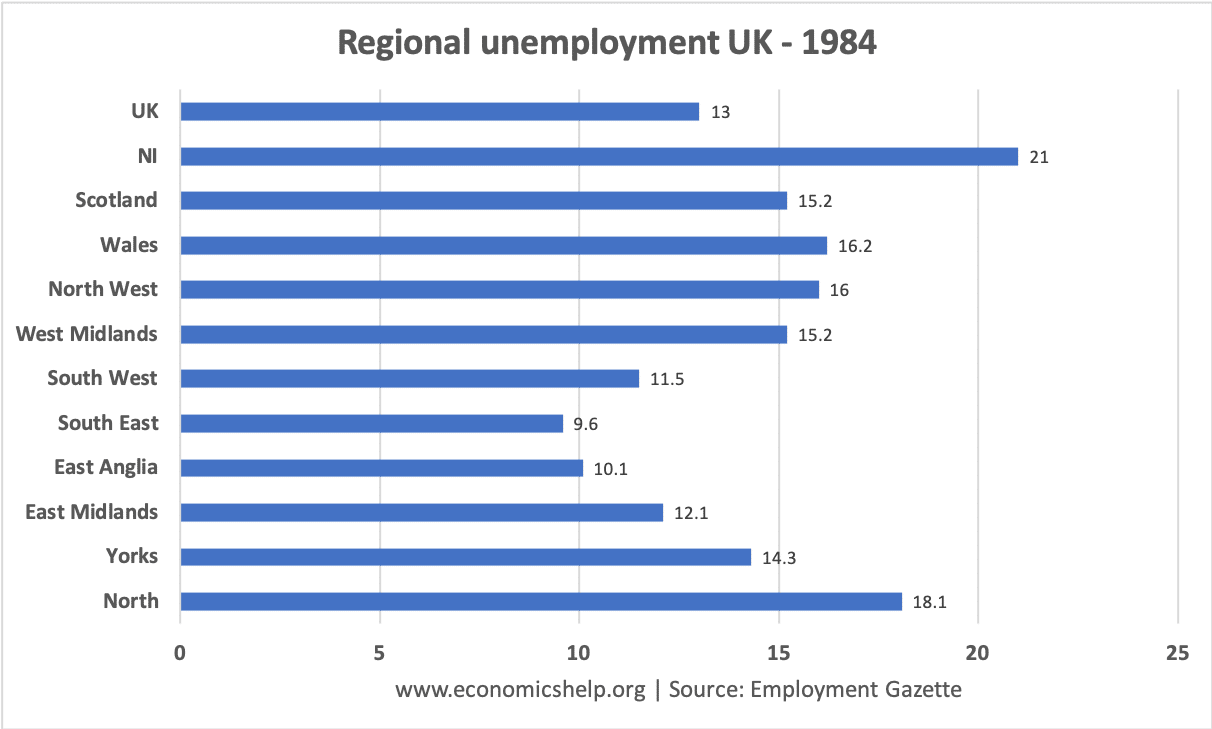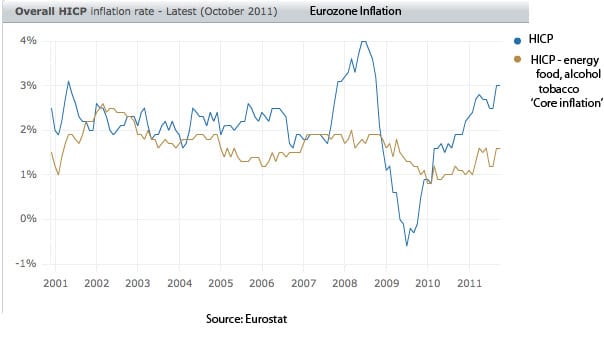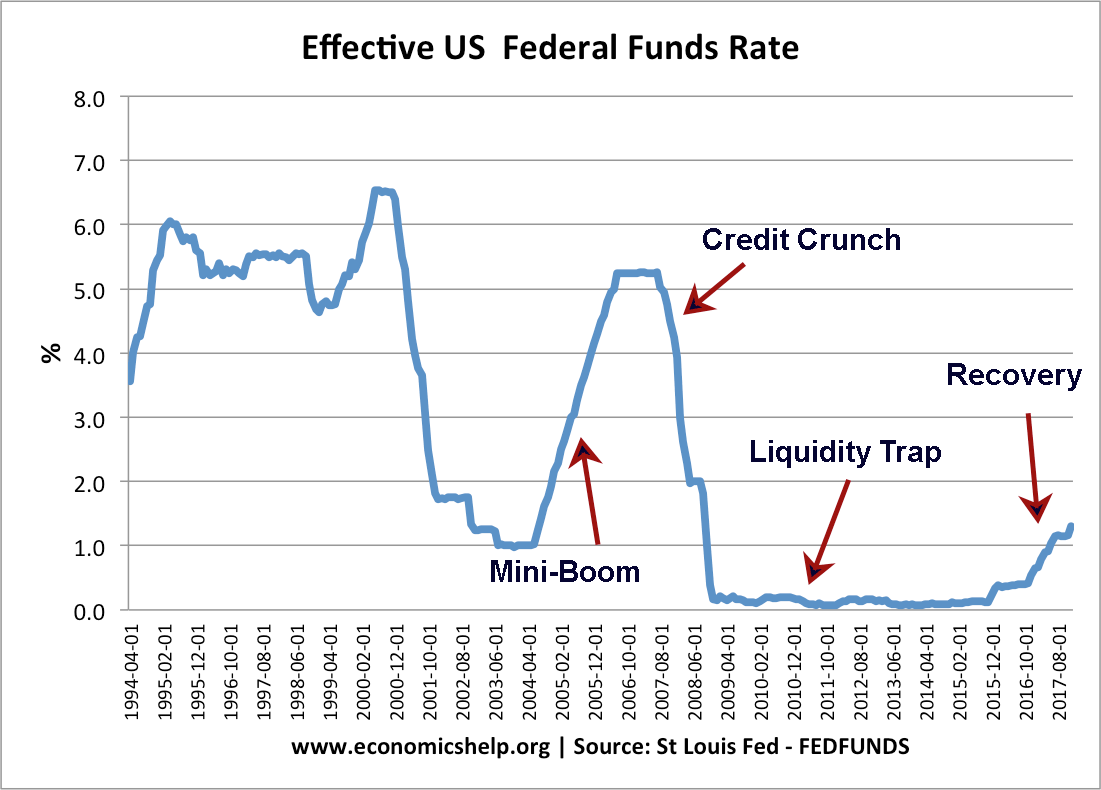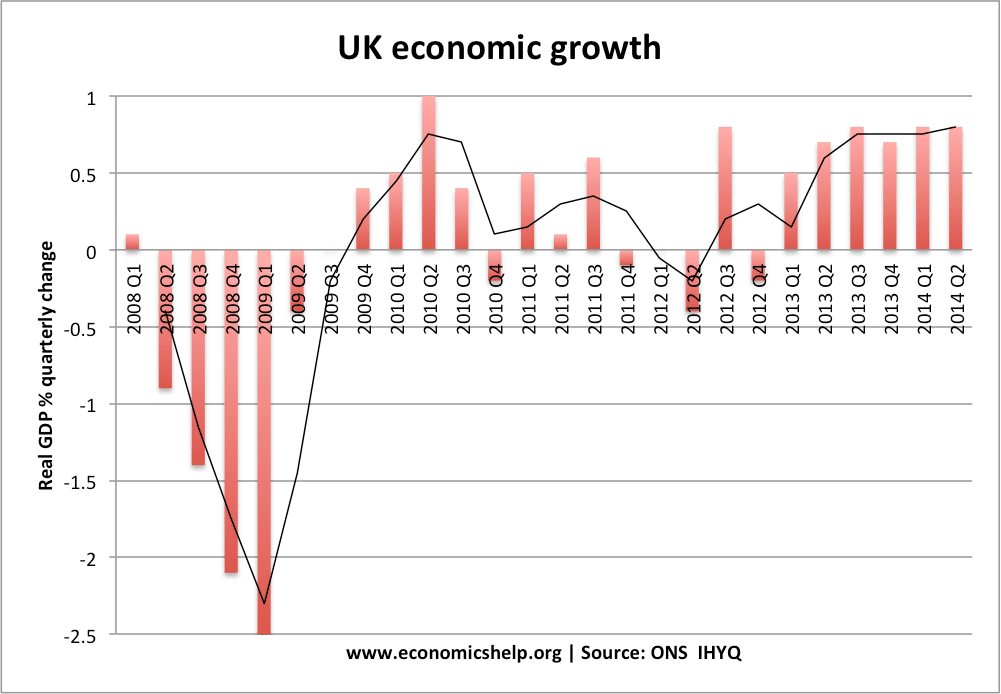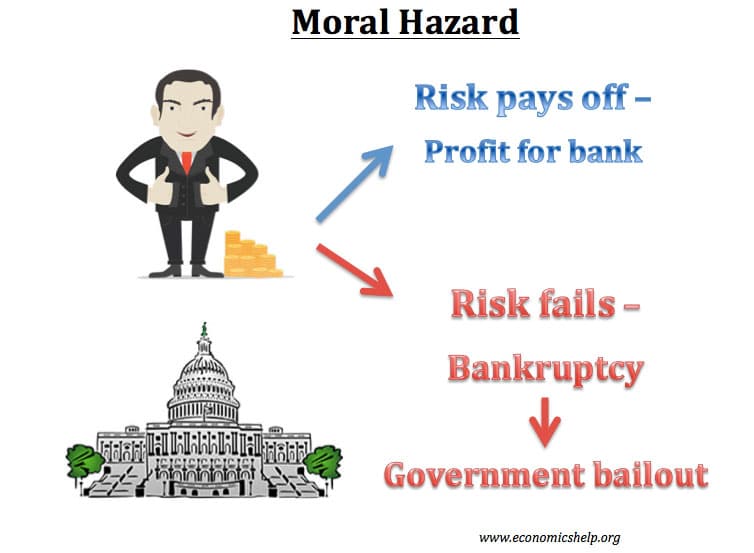Economic effects of a pandemic
The Coronavirus has already led to disruption in manufacturing output, foreign travel and consumer demand. If the virus spreads and becomes a pandemic, what will be the likely economic effects? In short, a global pandemic will have a serious supply-side impact – especially on foreign travel, manufacturing and investment. The uncertainty and decline in travel …

